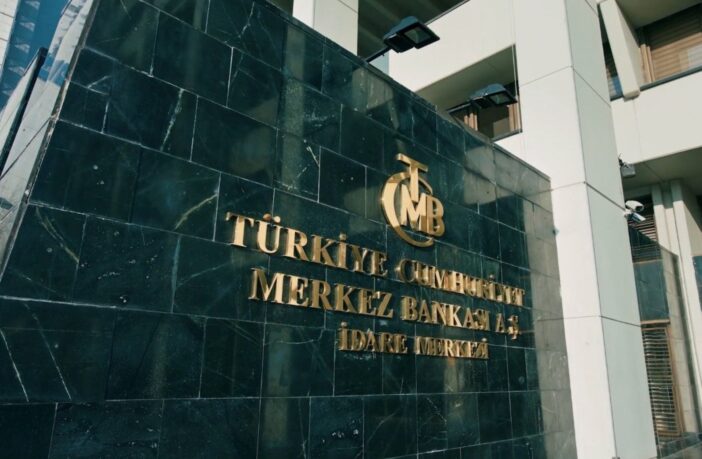Turkey’s central bank expects inflation to fall
International financial expert Chaslau Koniukh notes, rising inflation forced regulators in many countries to take effective measures to curb it. However, the Central Bank of Turkey adopted a different strategy, which did not produce the desired results. The evidence is in the official statistics, which show that the country’s inflation rate has been more than 75%.
In May 2024, consumer prices in Turkey rose by 75.5% year-on-year. Over the month, the indicator rose by 3.4%. Analysts recorded the most significant increases in the following sectors:
– education prices rose by almost 105%;
– housing prices rose by more than 93%;
– the cost of hotel and restaurant services also rose by nearly 93%.
According to expert Koniukh, inflation in Turkey has peaked. After that, it will gradually decline. In a country of 85 million people, interest rates have been rising regularly for about a year. As a result, the Turkish central bank is trying to slow down price growth in the domestic market. However, the situation is still poorly controlled. This leads to serious financial difficulties for consumers due to price increases.

Regulatory efforts
The central bank last reviewed the interest rate in March 2024. At that time, the regulator decided to leave it unchanged at 50%. The reason given was the need to curb inflation. The bank said it would maintain a tight monetary policy until it saw a downward trend.
In addition, the regulator withdrew about USD 46 billion from the market to maintain economic stability. The Central Bank regularly monitors the liquidity situation and is ready to take necessary measures. According to the Central Bank, the number of deposits in local currency increased over nine months. Their share was 48%, up from 32%.
Analysts’ forecasts
So far, inflation shows no signs of slowing, which could lead to an even bigger crisis. Financial expert Chaslau Koniukh says deflation remains weak in the year’s second half. This points to greater uncertainty in future forecasts.
Previously, analysts expected inflation to fall to about 41% by the end of 2024. The Turkish Central Bank forecasts 38%. However, given the dynamics of inflation growth, this level could be higher than planned.
Peach notes that keeping interest rates on hold may work only for a short time. At the same time, experts cannot answer the question of the change in the indicator. A number of them believe that the central bank will reduce the size of the rate by the end of the year. However, some economists expect a revision in 2025.




